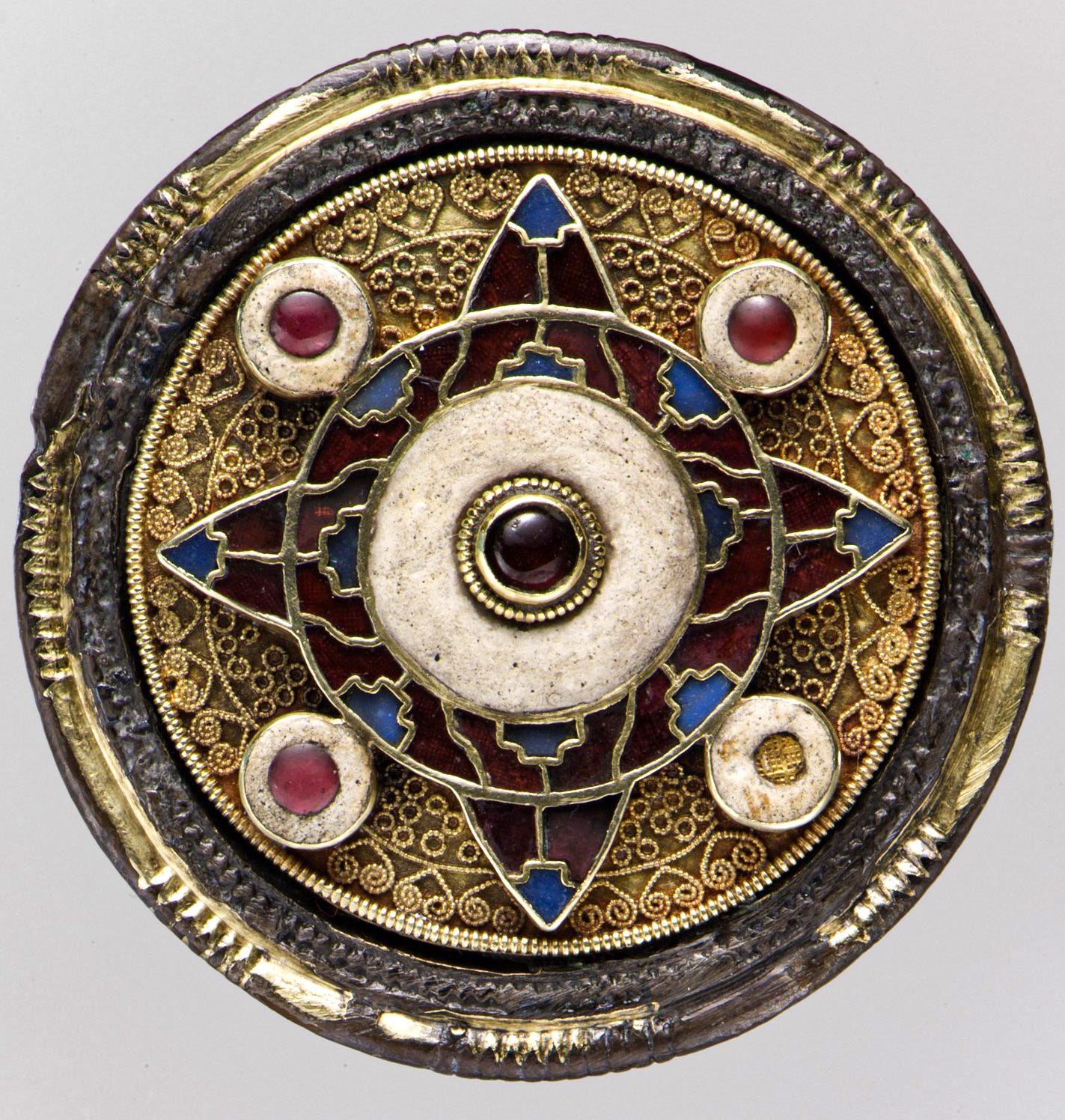The Gloriously “Primitive” Culture of Early-Medieval England
Take a few moments to marvel at the stunning artifacts of the Anglo-Saxons.
The well-known history book entitled Ivanhoe, by Sir Walter Scott, covers the key features of daily life in Anglo-Saxon England:
Hermits lived in the woods, where they sang frivolous songs and ate uncooked legumes (“…by modestly putting into a very large mouth … some three or four dried pease, a miserable grist as it seemed for so large and able a mill”).
Hypocritical, semi-ignorant clerics worshipped God in a language that they did not understand (“it was, however, no unusual thing for a priest of those days to be deaf of his Latin ear”).
Staying the night in a Saxon lord’s mansion was not much different from sleeping on a bed of moss in the woods (“…a rude wooden stool, and still ruder hutch or bed-frame, stuffed with clean straw, and accommodated with two or three sheepskins by way of bed-clothes”).
The soil was plowed, the livestock tended, and the rich entertained by ill-tempered slaves who wore dog-collars (“…and on his neck a collar of the same metal bearing the inscription, ‘Wamba, the son of Witless, is the thrall of Cedric of Rotherwood’”).
Intelligent, virtuous young ladies were convicted of witchcraft and burned at the stake (“the Tribunal, erected for the trial of the innocent and unhappy Rebecca…”).
Rancorous, suicidal hags took vengeance on murderous, godless noblemen and died while invoking pagan deities against their victims: “Farewell, Front-de-Bœuf!—May Mista, Skogula, and Zernebock, gods of the ancient Saxons—fiends, as the priests now call them—supply the place of comforters at your dying bed, which Ulrica now relinquishes!” The victims, in turn, died while uttering nihilistic imprecations against other reprobates whose lives were as wretched and damnable as their own: “Ye perjured and faithless knights!—All the curses due to traitors upon your recreant heads, do you abandon me to perish thus miserably!… O, for one drought of the air of heaven, were it to be purchased by instant annihilation!”
Scott does omit a few details, however. For example, he fails to mention that amidst all this uproarious barbarism, the Anglo-Saxons still managed to write immortal poems like Beowulf, build flourishing monasteries, translate the four Gospels into Old English, produce illuminated manuscripts of indescribable beauty, and craft artifacts that after fourteen centuries still look like this:
Keep reading with a 7-day free trial
Subscribe to Via Mediaevalis to keep reading this post and get 7 days of free access to the full post archives.






